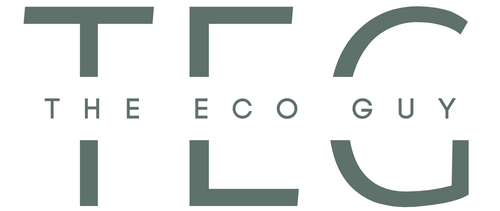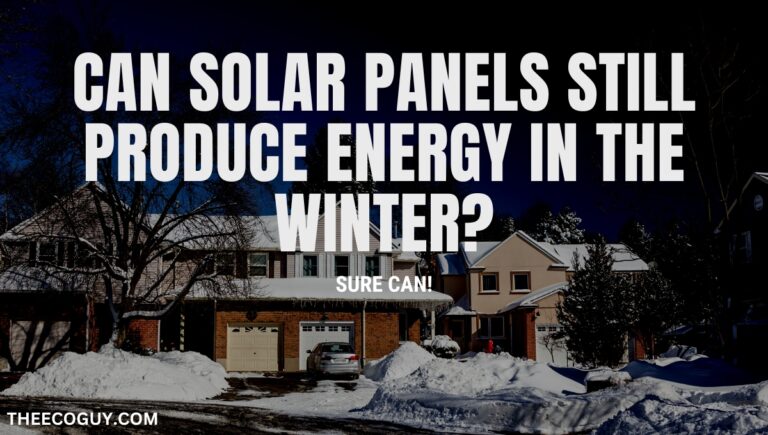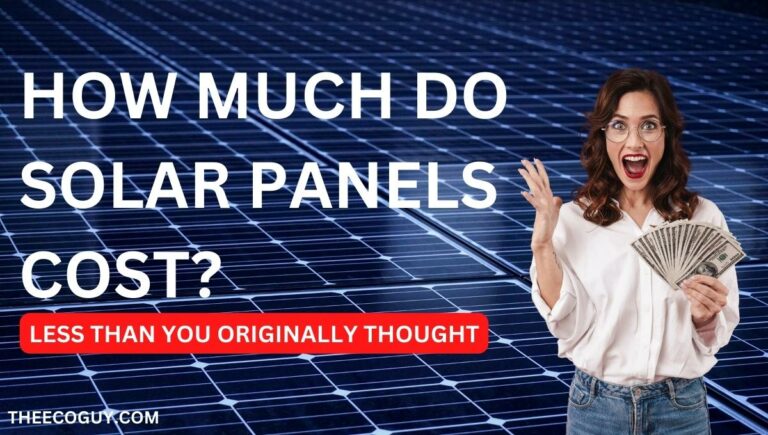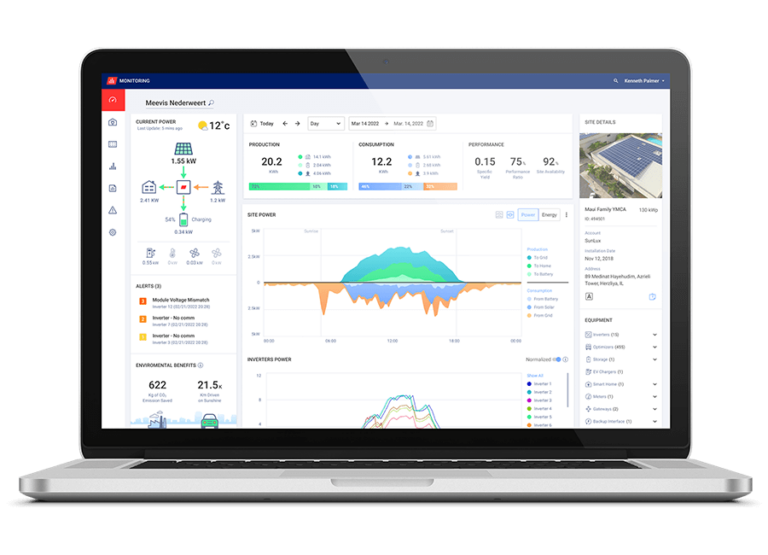How Much Money Can Solar Panels Make You? (A Lot)

Are you wondering how much money your solar panels can make you?
Are you interested in harnessing the energy of the sun to power your home? If so, now is the perfect time to consider investing in solar panels. Not only can adding solar panels significantly reduce your electricity bills, but it could also be a money-making opportunity for homeowners looking to capitalize on various incentives from federal, state, and local governments.
Home solar systems can be a financial gold mine for homeowners; up to $1,500 in annual savings is nothing to sneeze at! With government incentives, federal tax credits and rebates, going solar is an absolute no-brainer. Make the switch today and reap the rewards of clean energy while padding your wallet!
In this blog post, we will discuss how much money you could make by installing photovoltaic (PV) systems or other solar technology at your residence. By diving into what’s available out there right now as far as government credits and benefits go – as well as partnering with utility companies or selling back any extra energy produced – we’ll explore the range of cash rewards that come along with utilizing renewable sources of power!
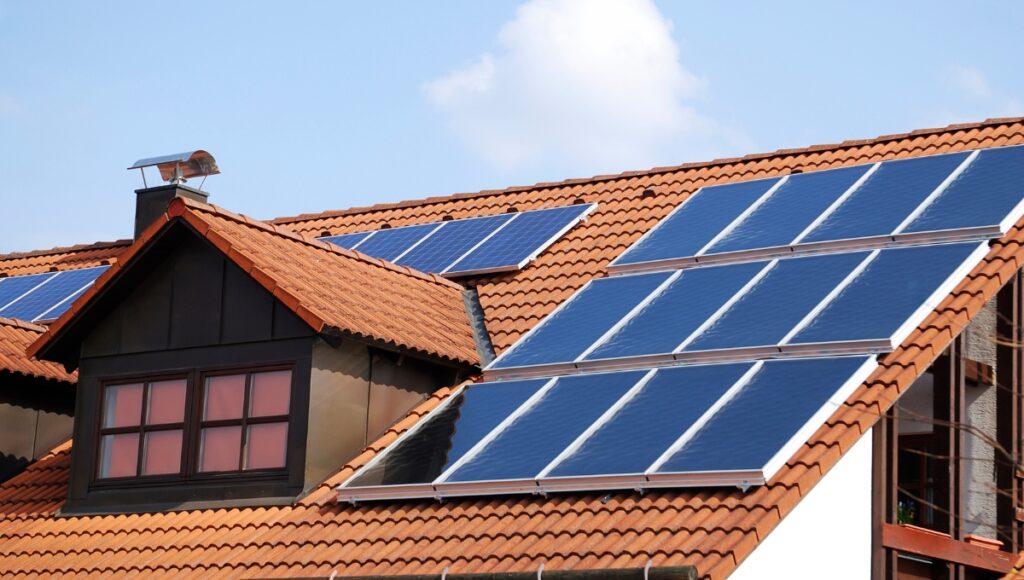
Overview of Solar Panel Technology
Solar panel technology is a rapidly advancing field of renewable energy, providing an environmentally friendly and cost-efficient way to generate electricity. Solar panels capture light from the sun and convert it into energy, which can be used for powering homes, businesses, and commercial buildings. By installing solar panels on rooftops or other outdoor spaces, homeowners are able to save money by reducing their dependence on traditional power sources such as coal or nuclear power plants.
Additionally, the installation of solar panels helps to reduce carbon emissions that harm the environment. The cost of installing solar panels has dropped significantly in recent years due to advances in technology and increased competition among manufacturers. As a result, residential and business owners now have more options available when considering the best way to generate their own clean energy.
Benefits of Installing Solar Panels
Installing solar panels can provide homeowners with a number of financial benefits. For starters, many states and local governments offer incentives or credits for the installation of PV systems or other solar technology. These programs often pay back residents for the cost of installing their system over a period of time.
Furthermore, some utility businesses provide Net Energy Metering (NEM) partnerships with their customers so they can consume the extra energy generated by home solar systems. This excess energy can be sold back to the utility company, thereby providing a source of income for homeowners who generate more power than they use.
How Much Money Can You Make with Solar Panels?
Calculations and Estimates
The amount of money a homeowner can make with solar panels will depend on the location in which they install their system, the size of the system, and any available government incentives. There’s a federal tax credit for people who live in the United States and install solar energy systems in their homes, businesses, or commercial buildings.
Starting in 2023, this credit will be worth 30% of the cost for installation and is redeemable when filing taxes that same year. The 30% rate will last for a decade, then decline to 26% in 2033 and 22% in 2034 before reaching its conclusion by the end of the next year.
Common Investment Opportunities with Solar Panels
Some common investment opportunities with solar panels include leasing or buying solar panels, investing in a Solar Renewable Energy Certificate (SREC) program, and partnering with utility companies. When leasing or buying solar panels, homeowners can take advantage of the incentives offered by their state or local government. Investing in an SREC program allows people to sell their excess energy back to the utility company while partnering with utility companies can yield long-term financial benefits.
Cost Savings with Solar Panels
There are many cost savings associated with installing solar panels. The installation of a residential PV system can save homeowners up to 20% on their electricity bill, while commercial buildings can enjoy even larger savings. By utilizing the electricity generated from your own energy sources, you can drastically reduce your reliance on utility companies and save money – both now and in the future! It is estimated that an average household can save up to $1,500 per year after making the switch to solar power.
By utilizing government incentives, investing in solar panels through leasing or buying options, and collaborating with utility companies, homeowners and business owners can capitalize on wise financial decisions by beginning to save money from their electricity bills while also doing good for the environment. Installing solar panels is a worthwhile investment that will pay off dividends over time.

Leasing vs. Buying Solar – Which Is Better?
Leasing vs. buying solar systems is an important decision that should be weighed carefully. When it comes to leasing, you will have no upfront costs and a fixed monthly fee for the lease term. This may sound appealing but there are a few drawbacks to consider when making this decision. For example, with leasing you may not be able to benefit from long-term cost savings (as the system belongs to the company that owns it) and any advancements in technology may not be reflected in the lease agreement.
On the other hand, when you buy your own solar panels, you can take advantage of any new technology or energy efficiency advancements that may result in greater returns on your investment plus lower maintenance costs over time. Therefore, it’s important to take into account all of these factors before making a decision on whether to lease or buy solar.
However, it’s important to remember that when you lease solar panels, you won’t be able to take advantage of federal tax credits – but if you purchase them yourself, these valuable tax credits are yours. This can potentially save you thousands of dollars on your installation cost and make the purchase option a much more financially sound decision in the long run.
Ultimately, leasing solar could jeopardize your home’s resale value as potential buyers may not be interested in a lease agreement that is already on the property.
Factors That Influence Financial Gains from Installing Solar Panels
Location
Location is an important factor to consider when installing solar panels as it can have a significant impact on the potential financial gains available. The amount of sunlight available in a given location affects the amount of energy produced by the solar panel array, which in turn affects its overall financial return.
In addition, local government regulations and incentives for installing solar panels may vary from place to place, further influencing the financial gains to be had. It’s important to research your local area and take into account any relevant financial or regulatory factors that may affect your decision.
Weather Conditions
Weather conditions are a key factor to consider when looking at the potential financial gains from installing solar panels. Factors such as temperature, clouds, wind, and rain can all affect the amount of sunlight available to the solar panel array and its overall energy production. Hotter temperatures result in more efficient energy production while cloudy conditions reduce energy output.
Rain and wind also affect energy production but usually to a lesser degree than cloud cover or temperature. It’s important to be aware of current weather patterns in your location and factor them into your decision when assessing the financial potential for installing solar panels.
Tax Incentives and Rebates
Tax incentives and rebates are other important factors to consider when looking at the financial gains of installing solar panels. In some areas, governments may offer tax credits or other financial incentives for households or businesses that set up solar arrays.
Additionally, local incentive programs may provide rebates for people who install solar panels on their homes or properties. It’s important to research any available incentives in your area and make sure you qualify for them in order to maximize the potential financial gains of installing solar panels.
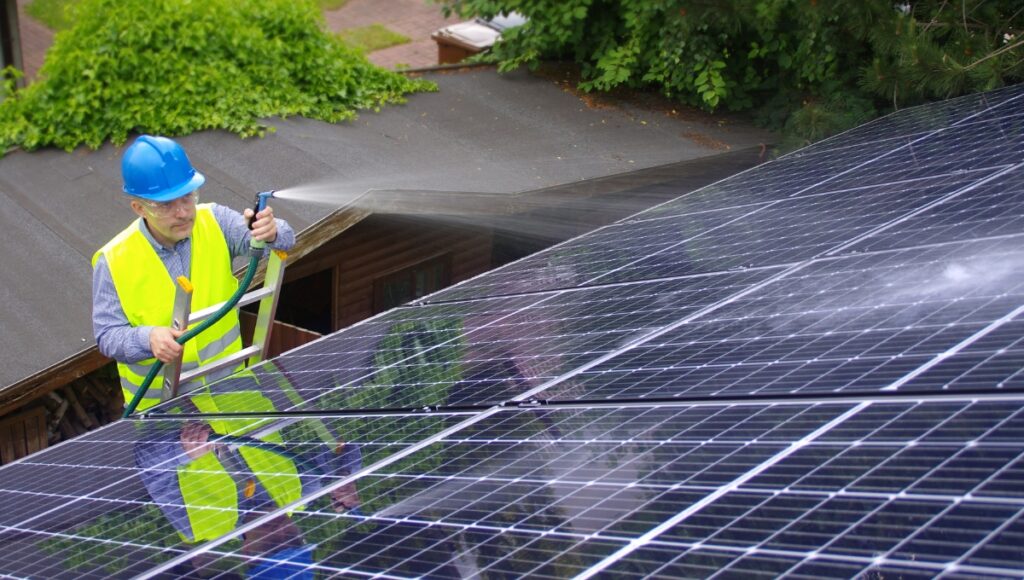
Maintenance Costs and Warranties
Maintenance costs and warranties are also crucial factors to consider when assessing the potential financial gains from installing solar panels. Solar panel systems require regular maintenance and inspections, which can come with additional costs.
Additionally, many installers will provide warranties for their products, often guaranteeing the performance of their systems for up to 25 years or more. It’s important to factor in any associated maintenance costs as well as any warranties provided by the installer when calculating the potential financial gains of installing solar panels.
Number of Solar Panels Used
The number of solar panels used can have a significant impact on the potential financial gains from installing a solar array. By installing more panels, homeowners and businesses will be able to generate more energy, thereby increasing the potential savings they can realize over time.
On the other hand, installing fewer panels will lead to smaller savings but may require less upfront cost and therefore may be suitable for those with budget or space constraints. It’s important to consider all aspects when determining how many solar panels would best suit your needs in order to maximize your potential financial gains.
Size and Efficiency of the Array Used
The size and efficiency of the array used are also major factors in determining the financial gains of installing solar panels. Size plays an important role in how much energy is able to be generated, while efficiency affects how much of that energy is actually converted into usable electricity.
Installing larger, more efficient arrays will generate more energy, which can lead to higher potential savings. It’s essential to assess both size and efficiency when considering different solar panel array options in order to ensure maximum potential financial gains are realized.
Final Thoughts
Installing solar panels can be a great way to save money on energy costs and reduce your environmental footprint. When considering the potential financial gains from installing solar panels, it’s important to take into account weather conditions in your area, any applicable tax incentives or rebates, maintenance costs and warranties offered by installers, the number of panels used, as well as the size and efficiency of the array.
With careful consideration and research of these factors, you can maximize your financial returns while reducing your energy consumption over time.
